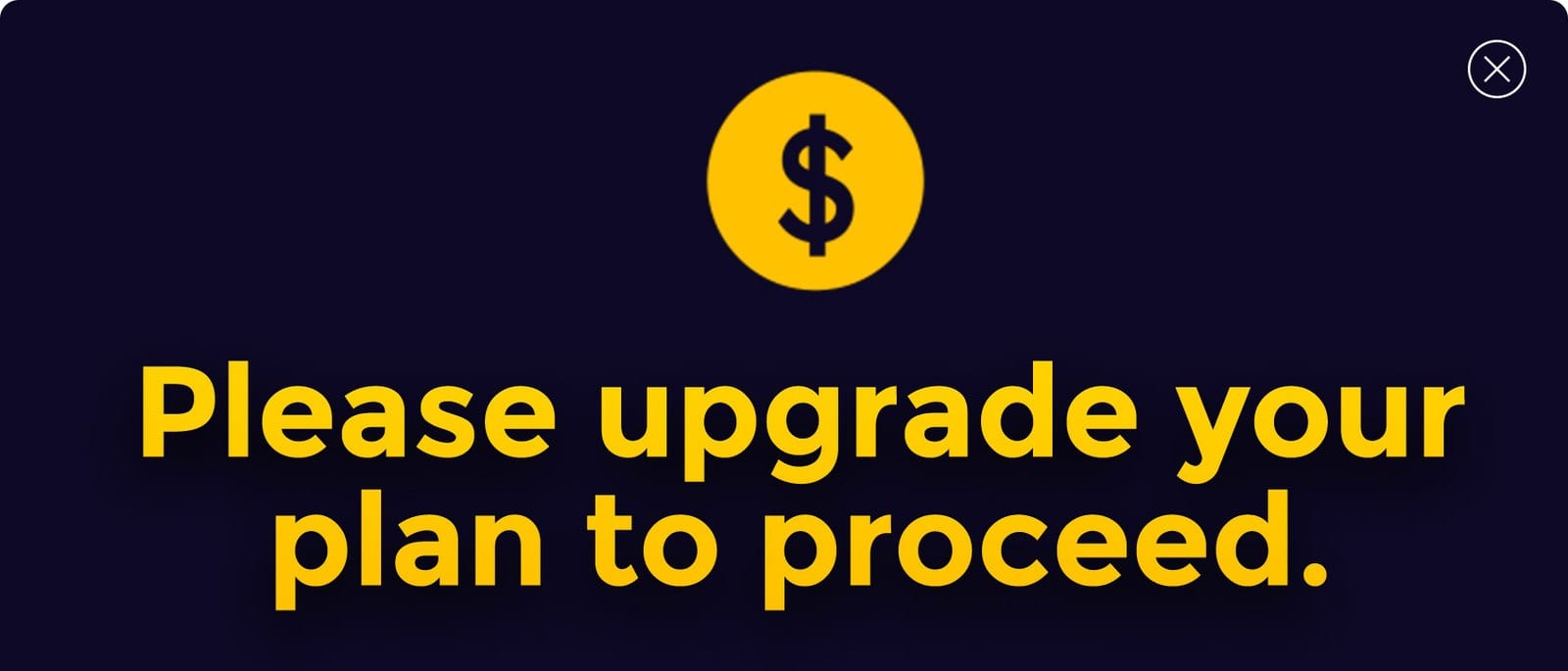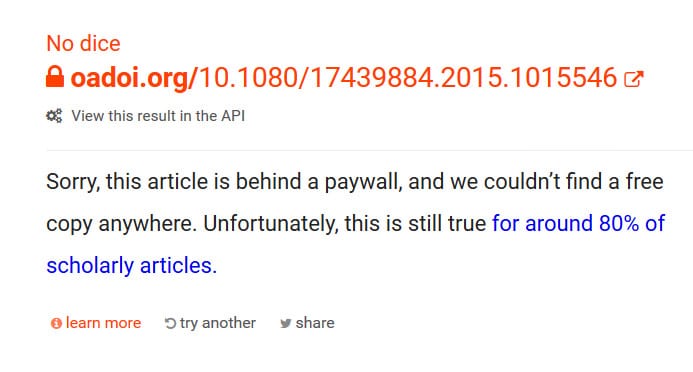
Whether you're checking your Gmail or streaming the finale of Handmaid's Tale, your Internet usage is treated equally by the companies that have built the infrastructure of the internet, Internet Service Providers (ISPs), like Comcast and AT&T. This is broadly called net neutrality. However, net neutrality cannot be preserved in its current form. The Federal Communications Commission (FCC) acknowledged this on June 11th, 2018 when they repealed net neutrality.
The Battle for strict net neutrality is a lost cause
Net neutrality prohibits ISPs from:
(i) speeding up (i.e., groups paying extra to deliver content more quickly via “fast lanesâ€),
(ii) slowing down (e.g., Verizon quietly throttled streaming services to save money),
(iii) or blocking internet traffic based on its source, ownership or destination.
Most would agree it would be ideal to maintain this unabridged definition. However, the U.S.'s internet traffic is increasing 50% annually. It's impossible to preserve this idealistic definition of net neutrality without a method to cover the mounting costs of bandwidth management and new technology to accommodate increasing internet traffic.
The question now becomes ‘who shoulders these costs?', rather than ‘are these costs necessary?'. The need to address these costs means the end of net neutrality.
Pivoting to Open Access for the sake of science

Instead of fighting the inevitable, scientists need to pivot to focus on upholding the tenet of net neutrality that deals with obstruction of information: open access. Open access is responsible for Internet user's virtually unrestricted access to intellectual property. Thus, open access is essential to scientific discourse, dissemination, and upholding the scientific method.
A system without open access disadvantages scientists from less wealthy, predominantly public institutions. If more research is moved behind a paywall, these universities will have a disadvantage when applying for grants, draw erroneous conclusions based in a fraction of the literature, and may release misguided public health information. Additionally, the absence of open access will affect education quality. With science advancing at an exponential pace, open access ensures students are not artificially limited by the selection of scholarly journals. Overall, limited access to research forces researchers to settle for information that is available rather than that which is most current.
ISPs will likely put the burden of these newfound costs on content providers. To cover costs, content providers, such as academic journals, will raise subscription prices for contributors and consumers. Currently, many researchers already run into a paywall that keeps them from accessing pertinent papers; imagine if this was institutionalized. A system that affords access to knowledge based on wealth will lead to a culture where an oligopoly of institutions produces the bulk research, where only affluent universities educate their students effectively, and where there is an increasing pressure on ISPs to wall off certain data.
More troubling, without open access, ISPs could allow access to research that only presents one side of an argument. ISPs would have the ability to conceal research the provider deems negative. In consequence, ISPs could be susceptible to pressure to hide information on behalf of companies offering large sums of money or even the government. For example, if an administration does not agree with the research on climate change, the administration now has an avenue to obscure presently available data and may prevent publishing of future, contrary data.
Moving Forward
Unencumbered dissemination of knowledge depends on a fair internet. With the public's increasing desire for transparency in research, science, and public health topics, the end of open access would further hinder public trust in the scientific community. As implications of the government's decision to switch from net neutrality unfold, researchers must brace for protecting open access. This is what will unfurl:
1) someone will challenge the June 11th FCC ruling in a court of law,
2) appeals will follow, and then
3) congressional intervention will be necessary.
The end of net neutrality is practically inevitable, but the end of open access is not. The provision of a fair and open internet seems to lie in the hands of ISPs and government agencies that regulate these providers, but it does not. These government agencies and the Congressional members that oversee them are accountable to scientists and other constituents they represent. Call your Congressional representatives and senators; hold them accountable.
Senior Senator: John “Johnny†Isakson
Local Telephone: (770) 661-0999
Washington, DC Telephone: (202) 224-3643
Next Election: 2022
Local Telephone: (404) 865-0087
Washington, DC Telephone: (202) 224-3521
Next Election: 2020
District 10 (includes Athens) Congressman: Jody Hice
Local Telephone: (202) 225-4101
Washington, DC Telephone: (202) 224-3521
Next Election: July 24th, 2018
 Madelaine Wendzik is a Ph.D. student in the Neuroscience Program at the University of Georgia studying neuroinflammation and immune response in pediatric traumatic brain injury. She enjoys board games, downloading one too many podcasts, and anything to do with white chocolate macadamia nut cookies. You can email her at MWendzik@uga.edu or follow her on twitter @SciPolicyGirl. More from Madelaine Wendzik.
Madelaine Wendzik is a Ph.D. student in the Neuroscience Program at the University of Georgia studying neuroinflammation and immune response in pediatric traumatic brain injury. She enjoys board games, downloading one too many podcasts, and anything to do with white chocolate macadamia nut cookies. You can email her at MWendzik@uga.edu or follow her on twitter @SciPolicyGirl. More from Madelaine Wendzik.
About the Author
- athenssciencecafehttps://athensscienceobserver.com/author/athenssciencecafe/April 17, 2020
- athenssciencecafehttps://athensscienceobserver.com/author/athenssciencecafe/April 12, 2020
- athenssciencecafehttps://athensscienceobserver.com/author/athenssciencecafe/April 3, 2020
- athenssciencecafehttps://athensscienceobserver.com/author/athenssciencecafe/March 30, 2020







